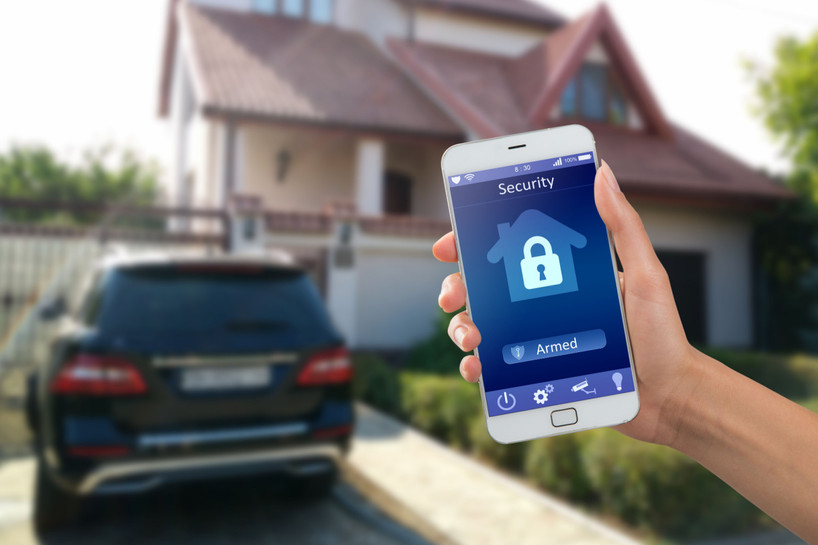You may have heard it said that the pace of change seems to be accelerating. This is evident across various industries—from software development and technology to areas once considered traditional, like carpentry and food production. The security industry is no exception. Property owners now have access to advanced locking solutions that were only dreamed about several years ago. That means they must adapt to the changing times and see what's best for them from a practical perspective.
The Evolution of Locking Systems
Traditional Locks: The Past
Traditional mechanical locks, such as pin tumbler locks, have served us for centuries. While reliable, they are susceptible to picking and unauthorized duplication. The inconvenience of carrying physical keys and the potential for loss or theft highlight the limitations of these systems.
The Rise of Digital and Smart Locks
The advent of digital technology has revolutionized security. Smart locks, which can be controlled via smartphones or keypads, offer enhanced convenience and security. Features like remote access, auto-locking, and integration with home automation systems exemplify this shift. Biometric locks, utilizing fingerprints or facial recognition, provide an additional layer of security by ensuring that only authorized individuals can gain access.
Biometric and Modern Locks: A Step Forward
The days of traditional locks and keys are diminishing. Physical keys are becoming cumbersome to carry, especially when more efficient alternatives are available. Moreover, the rudimentary security provided by traditional locks can often be compromised.
In contrast, biometric locks function based on unique personal identifiers—such as fingerprints or retinal scans—that are nearly impossible to replicate. This advancement significantly enhances security, making unauthorized access exceedingly difficult.
Magnetic and RFID Locks: Versatility in Security
Not all security needs pertain to main entrances. Magnetic and RFID locks are increasingly utilized to secure cabinets, drawers, and other internal spaces. These systems offer flexibility and can be tailored to various applications, ensuring comprehensive security throughout a property
Choosing the Right Lock for Your Needs
Selecting the appropriate locking system depends on several factors:
-
Security Requirements: Assess the level of security needed based on the value of the assets and the potential risks.
-
Convenience: Consider systems that offer ease of use, such as keyless entry or remote access.
-
Budget: Evaluate the cost of installation and maintenance against the benefits provided.
-
Compatibility: Ensure the chosen system integrates seamlessly with existing infrastructure.
Staying informed about modern lock technologies is crucial for ensuring the safety of your property. By understanding the available options and their benefits, you can make informed decisions that enhance security and convenience.

